Week of May 9, 2022 | TK and Kindergarten
Celebrating Asian-American Pacific Islander Heritage Month
Video Author/illustrator Grace Lin reads the first chapter from the book (running time 3:38)
Sticking together through everything from getting haircuts and preparing dumplings to practicing magic tricks and using chopsticks, identical twin sisters Ling and Ting display distinctive differences in personality and preference despite their similar looks.
Crafty Connections Follow along with author/illustrator Grace Lin to draw the Rabbit in the Moon, and learn what is symbolized by the apple, the orange, and the peach. Grace Lin also offers a Ling & Ting paper doll template to print, color, and cut out.
Week of May 9, 2022 | First Grade
Celebrating Asian-American Pacific Islander Heritage Month
Video The Ugly Vegetables presented by Ed's Storytime (running time 7:12)
A little girl thinks her mother's garden is the ugliest in the neighborhood until she discovers that flowers might look and smell pretty but Chinese vegetable soup smells best of all.
Crafty Connections Follow along with author/illustrator Grace Lin to draw the Rabbit in the Moon, and learn what is symbolized by the apple, the orange, and the peach. Grace Lin also offers an Ugly Vegetable coloring sheet.
Kitchen Connection Ugly Vegetable soup recipe
Week of May 9, 2022 | Second Grade
Celebrating Asian-American Pacific Islander Heritage Month
Video Yoko presented by ThePigNetwork (running time 4:18)
Yoko's mother packs her a lunch with all her favorite sushi, but the other kids jeer ("Yuck-o-rama!") at the raw fish and green seaweed, and Yoko is devastated. In a well-meaning attempt to foster understanding, the teacher announces they will have an International Day, and everyone will bring in a dish from a foreign country. Will anyone try Yoko's sushi?
Crafty Connection Sushi coloring sheet
Week of May 9, 2022 | 3rd-5th Grade | AAPI Heritage Month
Focus on Japanese-American Internment During World War II
Third Grade Presentation
Video Fish for Jimmy presented by Dana Mejia (running time 8:29)
After the attack on Pearl Harbor a family's peaceful life is shattered. The father is taken away and the rest of the family is taken to an internment camp. Little Jimmy refuses to eat the camp food and is growing weak. His brother makes a daring escape from the camp to find fresh fish to tempt Jimmy's appetite. Based on the author's family's history in a Colorado camp.
World War II ended in 1945. In 1988 the U.S. Government finally apologized to the surviving internees from the camps. It admitted that the internment was due to racial prejudice, wartime paranoia, and poor leadership. The government also acknowledged that no Japanese American was ever found guilty of endangering the U.S. during World War II.
Fourth and Fifth Grade Presentation
Video The Bracelet presented by KonokaABC (running time 10:22)
Emi, a young Japanese-American whose family leaves Berkeley to be interned at the beginning of WW II, receives a bracelet as a parting gift from her best friend, but it's lost on the first day at the camp. Emi is desolate, but soon realizes she won't need a keepsake to remember her friend. The memories that fill her heart will always be with her. Based on the author's own experiences.
Pages to Pause for Discussion
- Page 7 If you were Emi, what would the bracelet mean to you?
- Page 11 How does the sentence, "Everyone was clutching bundles and suitcases tagged with family numbers," make you feel?
- Page 14 What do you think the people who posted the sign, "We are loyal Americans" were trying to say?
- Page 17 "This is your apartment." What are you thinking right now and why?
- Page 19 The bracelet can't be found. How do you think Emi feels?
- Page 23 What did Emi learn about herself?
- Page 27 How do you think Emi's move to Utah will be different from her move to Tanforan Racetrack?
World War II ended in 1945. In 1988 the U.S. Government finally apologized to the surviving internees from the camps. It admitted that the internment was due to racial prejudice, wartime paranoia, and poor leadership. The government also acknowledged that no Japanese American was ever found guilty of endangering the U.S. during World War II.
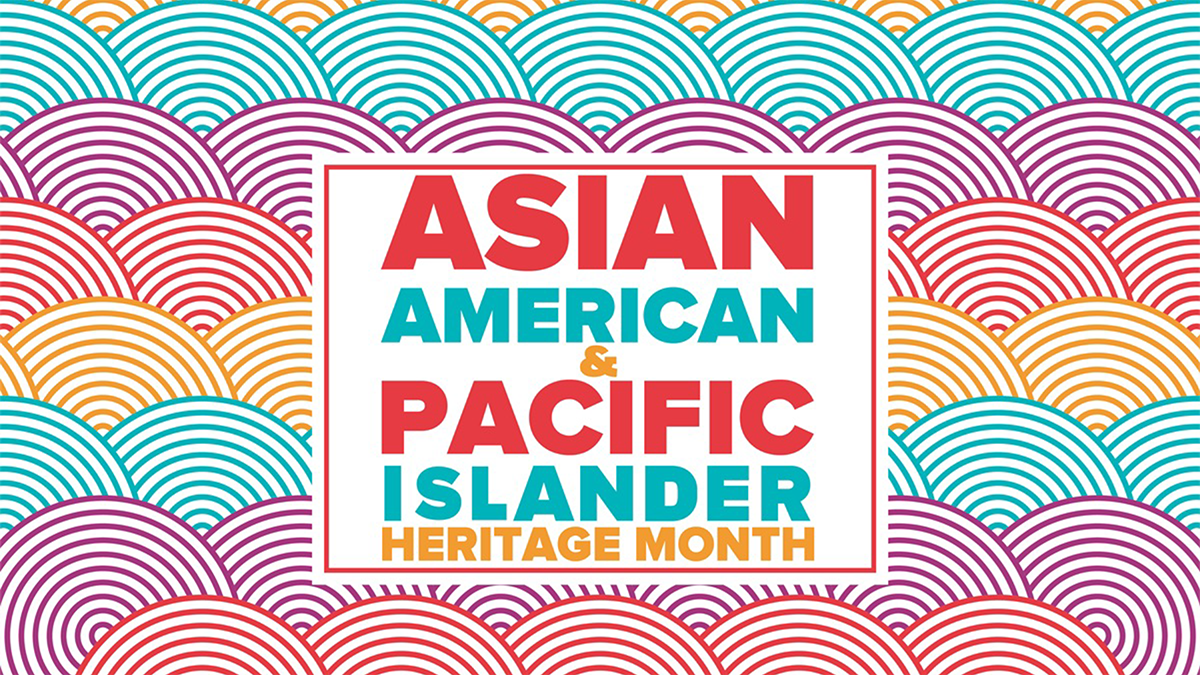
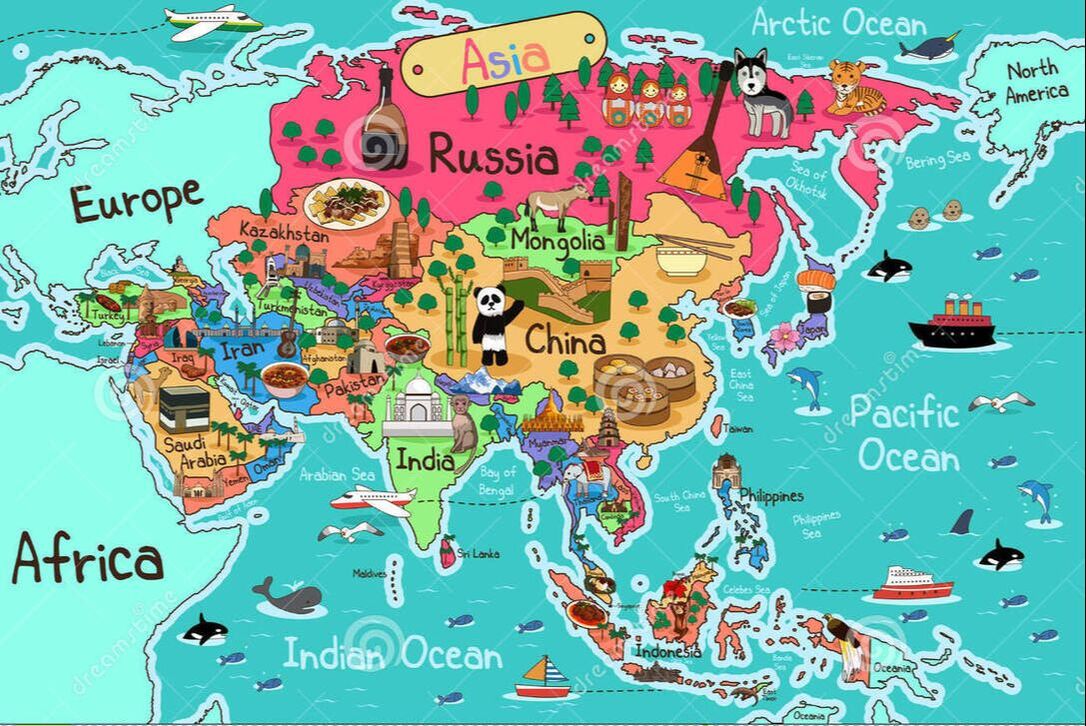
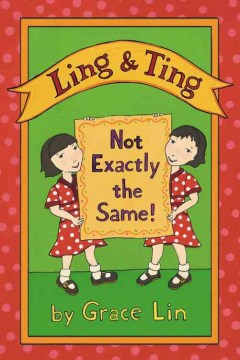
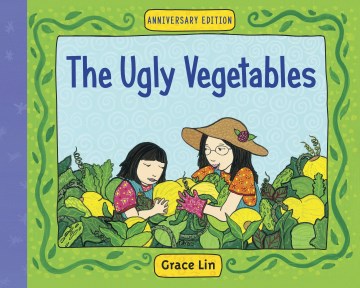
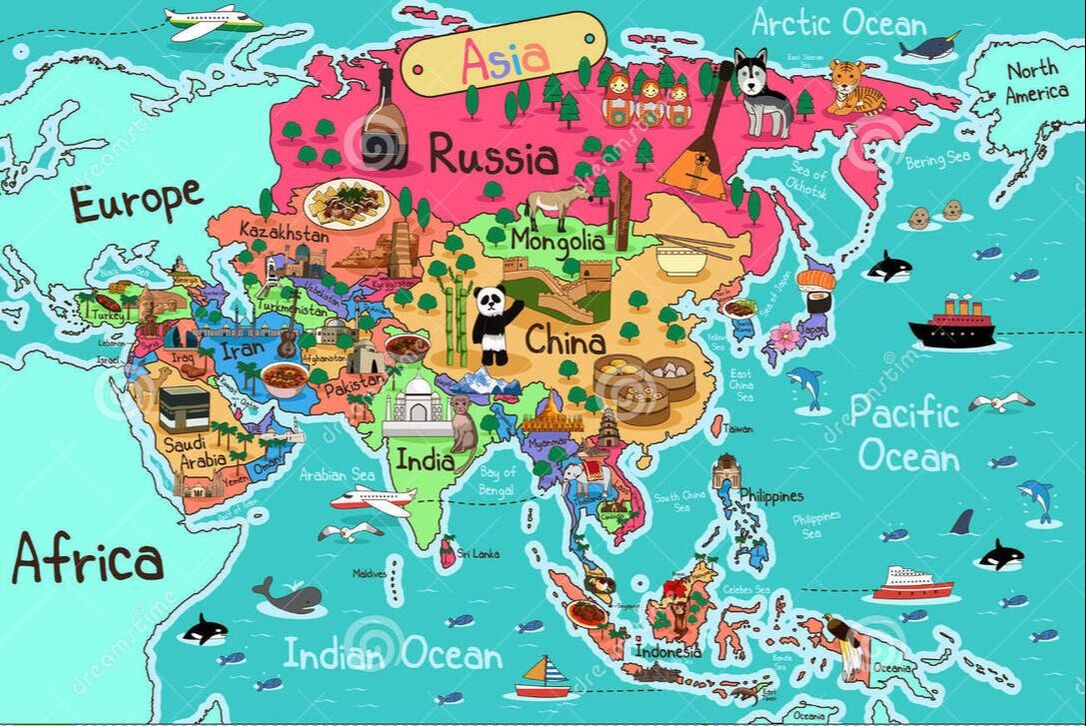
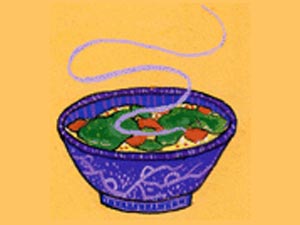
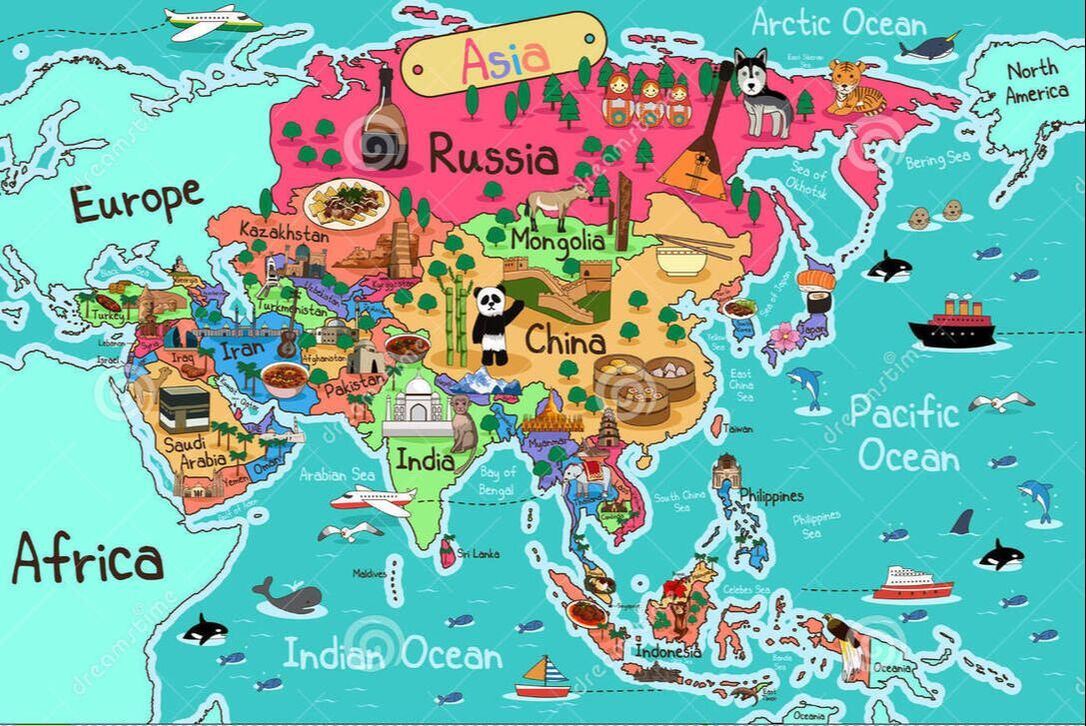
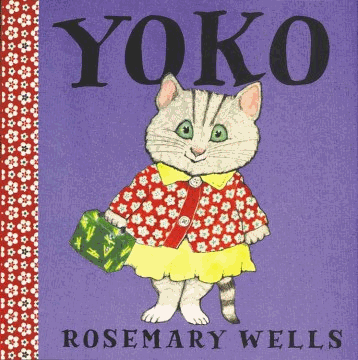
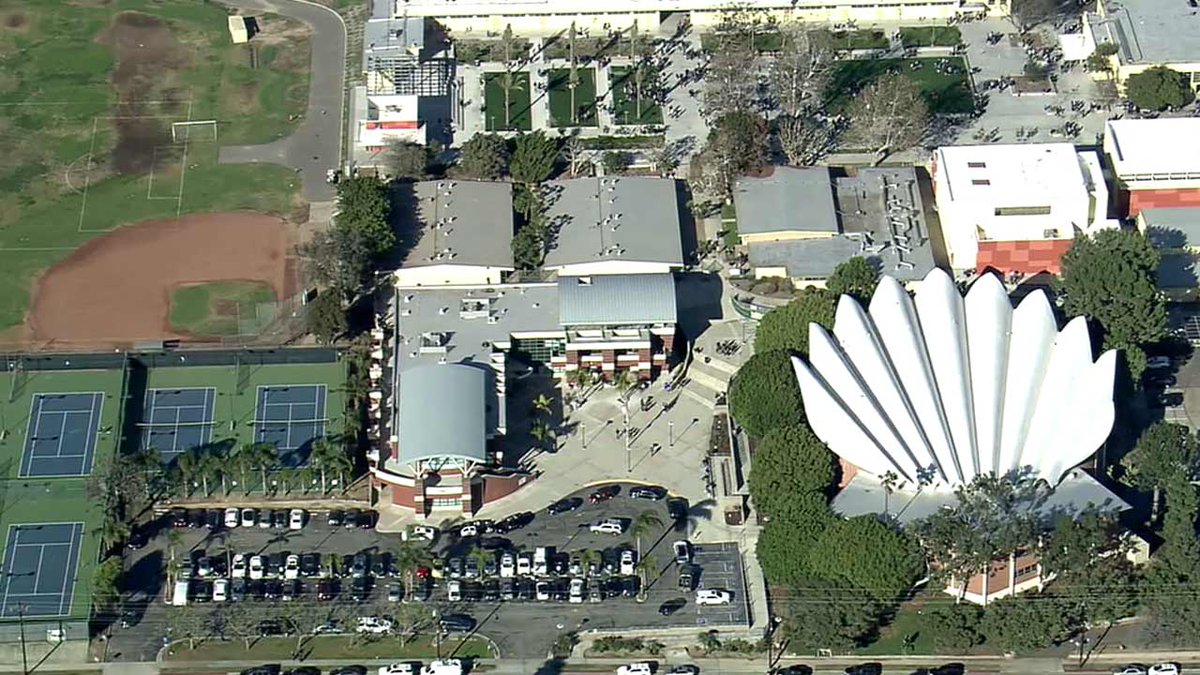

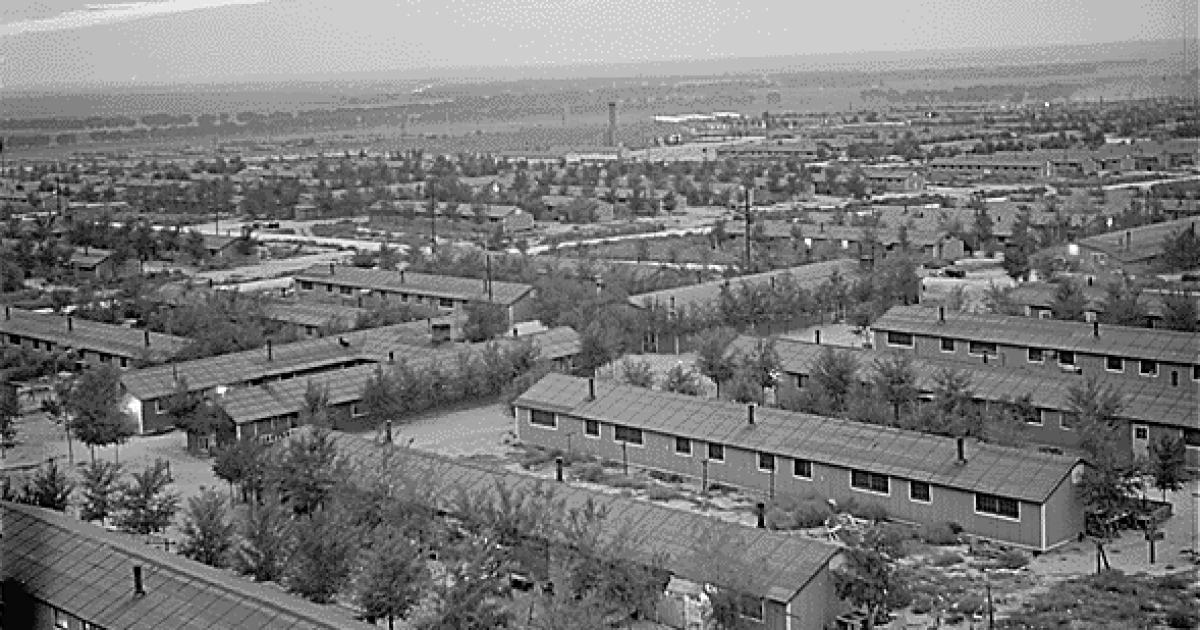
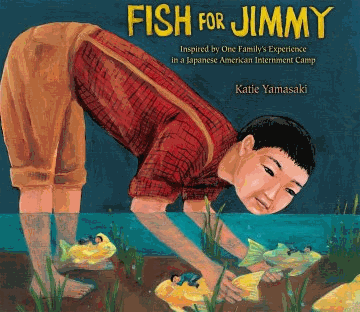
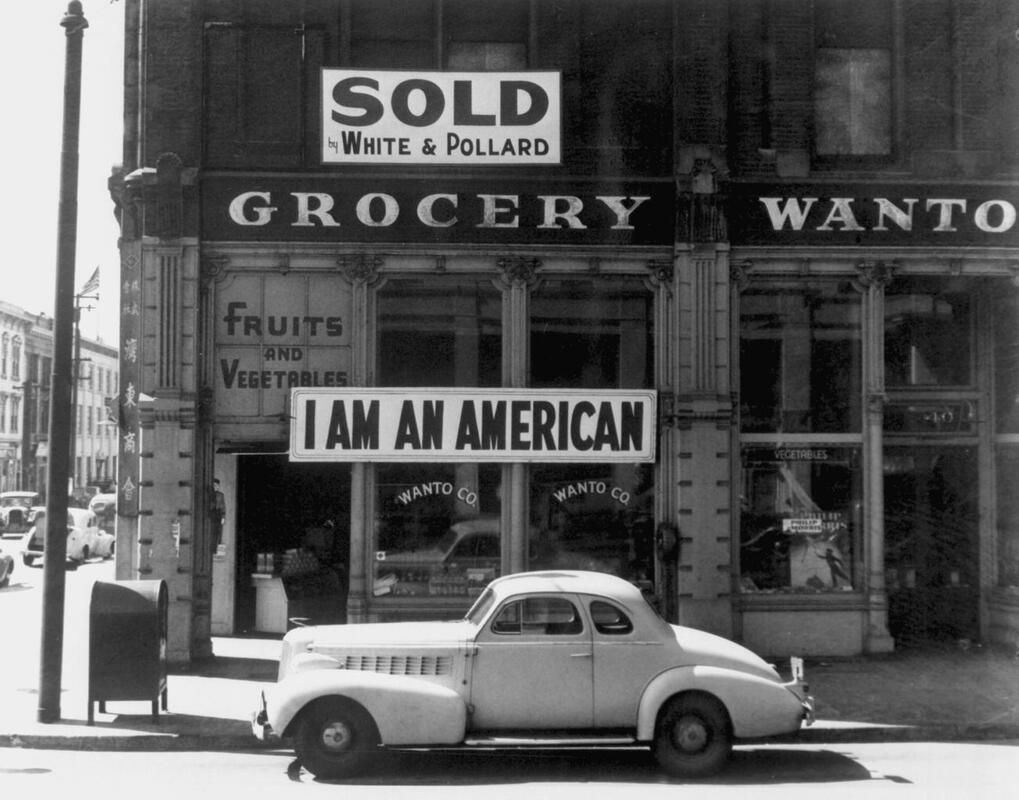

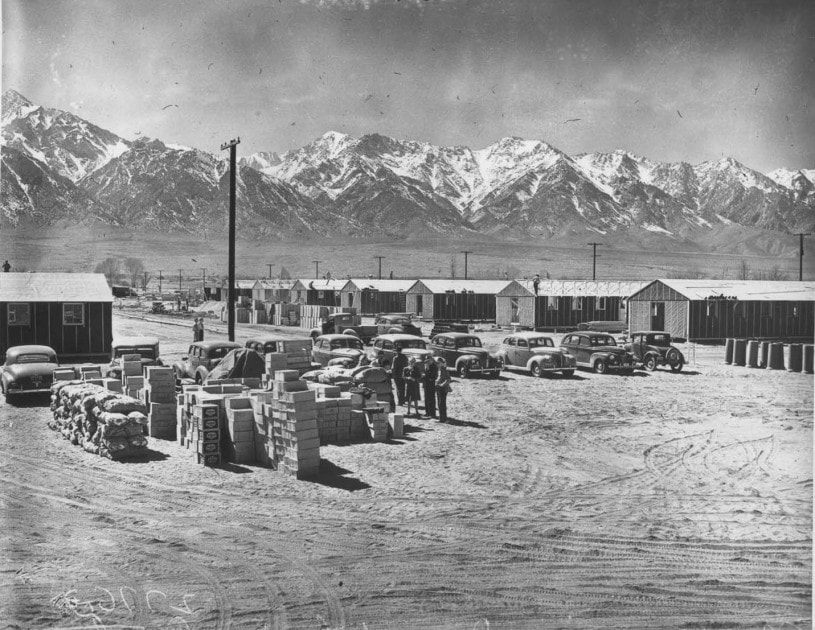
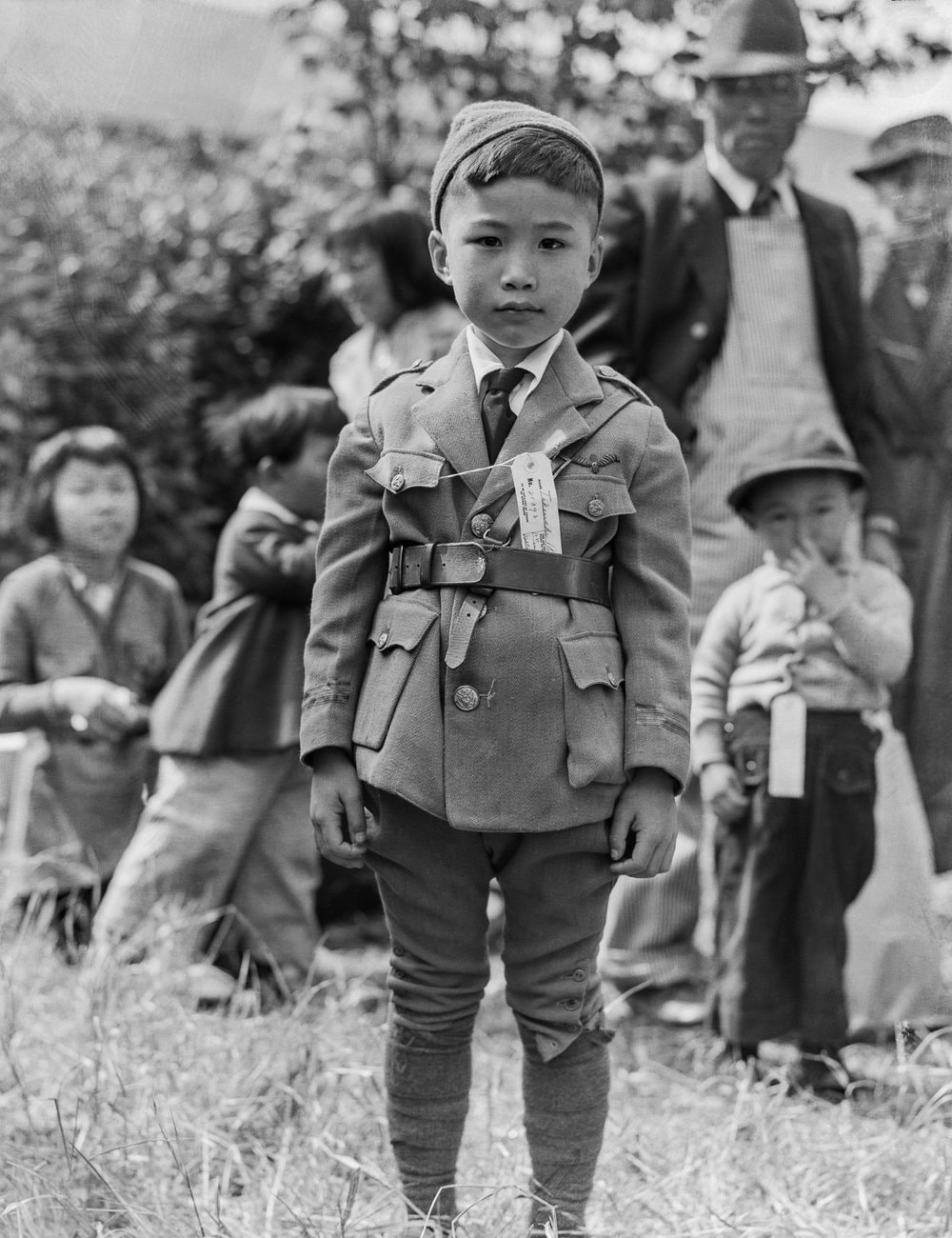
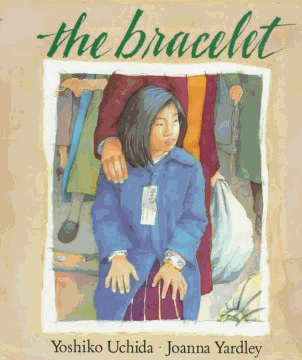
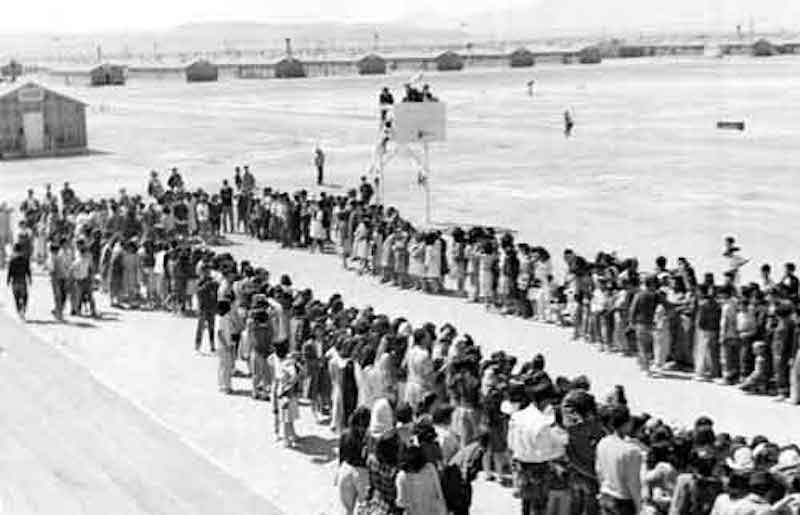

 RSS Feed
RSS Feed